Table of Contents
There’s a strange silence after a breakup—the quiet that settles when your phone no longer lights up with their name. But then comes the noise. Not from them, but from your feed. Instagram casually drops their smiling face into your scroll, TikTok nudges you toward breakup anthems, and Facebook digs up “memories” you didn’t ask to relive. It’s like the algorithm is conspiring against you, feeding the very ache you’re trying to escape. In week one, when your heart is most raw, those digital echoes can keep you stuck. That’s why no-contact isn’t just about blocking texts—it’s about practicing digital hygiene after a breakup and cleaning up the invisible ties that algorithms exploit.
The Trap of Digital Surveillance
After a breakup, it’s almost impossible not to peek. A quick check of your ex’s profile. A scroll to see if they’ve moved on. But research shows that this kind of digital surveillance does more harm than closure—it prolongs longing and prevents real healing. In one study, people who kept watching their ex online reported more distress and less personal growth than those who cut digital ties. The screen becomes a window you keep pressing your face against, even though the view only hurts.
The truth is, every scroll is an emotional tax. Even if you tell yourself, “I just want to know,” what you’re really doing is feeding the part of your brain that clings instead of releases. Week one is when you set the tone: will your feed pull you back into the past, or will you start shaping it to point toward your future with mindful digital hygiene after a breakup?

Rewiring Your Feed, Rewiring Your Feelings
Digital hygiene after a breakup is more than a buzzword—it’s armor. And week one is when you need it most. Muting your ex, unfollowing their friends, or even creating a temporary “safe account” isn’t petty—it’s protective. Algorithms don’t have compassion; they only serve what they think you want more of. Every time you stop to watch your ex, or linger on comparison posts, you’re training the algorithm to hurt you again tomorrow.
But here’s the good news: you can also train it to heal. Research with young women shows that curating your feed—unfollowing appearance-obsessed accounts, or replacing them with affirming, diverse, and joyful content—boosts satisfaction and wellbeing. Even setting a thirty-minute cap on scrolling creates mental breathing space. Think of it like rearranging furniture in a room after someone moves out. You’re not erasing memories—you’re making space for you to live comfortably again.

No Contact Isn’t a Game – It’s a Healing Strategy
Let’s examine the No Contact strategy in: Science & Psychology, Planning it, Digital Hygiene, Relapses-Cravings & Crashes, Special Cases & Exceptions… and Signs that it’s working +What comes next.
Tap here to read more →
Detox as a Reset Button
Sometimes the cleanest cut is silence—not just from your ex, but from the apps themselves. A meta-analysis of digital detox studies found that even short-term breaks reduce depressive symptoms. That doesn’t mean you need to disappear forever. But logging off for a few days in week one can feel like a nervous system reset. Without the constant pings and pokes from the algorithm, your mind has room to stabilize.
This isn’t punishment; it’s kindness. Think of it like putting your heart on airplane mode while it recalibrates. Detox gives you back agency, reminding you that your worth isn’t decided by notifications or updates—it’s already here, steady, waiting for you to claim it.
Claiming Your Digital Sovereignty
In the first week after a breakup, digital hygiene isn’t about deprivation. It’s about sovereignty.
- Every mute is self-protection.
- Every unfollow is self-respect.
- Every minute away from the scroll is self-healing.
Healing doesn’t just happen in silence and solitude—it happens in the choices you make about what voices, images, and stories you allow in. Algorithms may not care about your heart, but you do. And that care, practiced daily, is what rewires not just your feed, but your future.
FAQ
Q1. What is digital hygiene after a breakup?
Digital hygiene after a breakup is the practice of cleaning up your online environment to protect your emotional health. It can include muting or unfollowing your ex, limiting time on social media, and curating your feed to avoid painful reminders.
Q2. How does social media make breakups harder in the first week?
Algorithms often show you content related to your ex or posts that fuel comparison, which can intensify longing and distress. This “scroll trap” effect keeps you emotionally tied to the past instead of moving forward.
Q3. Can digital detox really help with breakup recovery?
Yes. Studies show that even short breaks from social media can reduce depressive symptoms and create space for emotional healing. A temporary detox in the first week helps reset your nervous system and gives you more control over your recovery.
Q4. What are the best digital hygiene steps to take right after a breakup?
In week one, focus on muting or unfollowing your ex, limiting social media use to short daily windows, and replacing negative feeds with uplifting content. These steps help rewire your algorithm and support healthier emotional recovery.
Scientific Sources
-
Tara C. Marshall (2012): Facebook Surveillance of Former Romantic Partners: Associations with Post-Breakup Recovery and Personal Growth
Key Finding: Monitoring ex-partners on Facebook was linked to greater distress, longing, and lower personal growth post-breakup.
Why Relevant: Shows how digital reminders and surveillance hinder emotional healing—central to avoiding scroll traps.
https://pmc.ncbi.nlm.nih.gov/articles/PMC3472530/ -
Veya Seekis et al. (2024): Key to wellbeing: How to detox from corrosive effects of social media
Key Finding: In women aged 17–35, social media breaks, time limits, and cleansing appearance-focused feeds all improved wellbeing.
Why Relevant: Demonstrates practical digital hygiene strategies and algorithm rewiring for women in early breakup recovery.
https://www.couriermail.com.au/news/queensland/longer-young-women-deactivate-from-insta-tiktok-the-better-their-wellbeing-griffith-university-study/news-story/ceedecc39ee415388fa282746d900000 -
RN Ramadhan et al. (2024): Impacts of digital social media detox for mental health
Key Finding: Meta-analysis of 10 studies showed digital detox significantly reduced depressive symptoms.
Why Relevant: Supports the idea that short-term digital abstinence can stabilize emotions after a breakup.
https://pmc.ncbi.nlm.nih.gov/articles/PMC11392003/
- Work-Related Contact After Breakup: Neutral Templates for Stress-Free Replies

- Email and Calendar Filters for Breakups: Smart Digital Hygiene That Protects Your Healing

- Digital Hygiene After Breakup: Block, Mute, Restrict — A Healing Decision Tree That Works
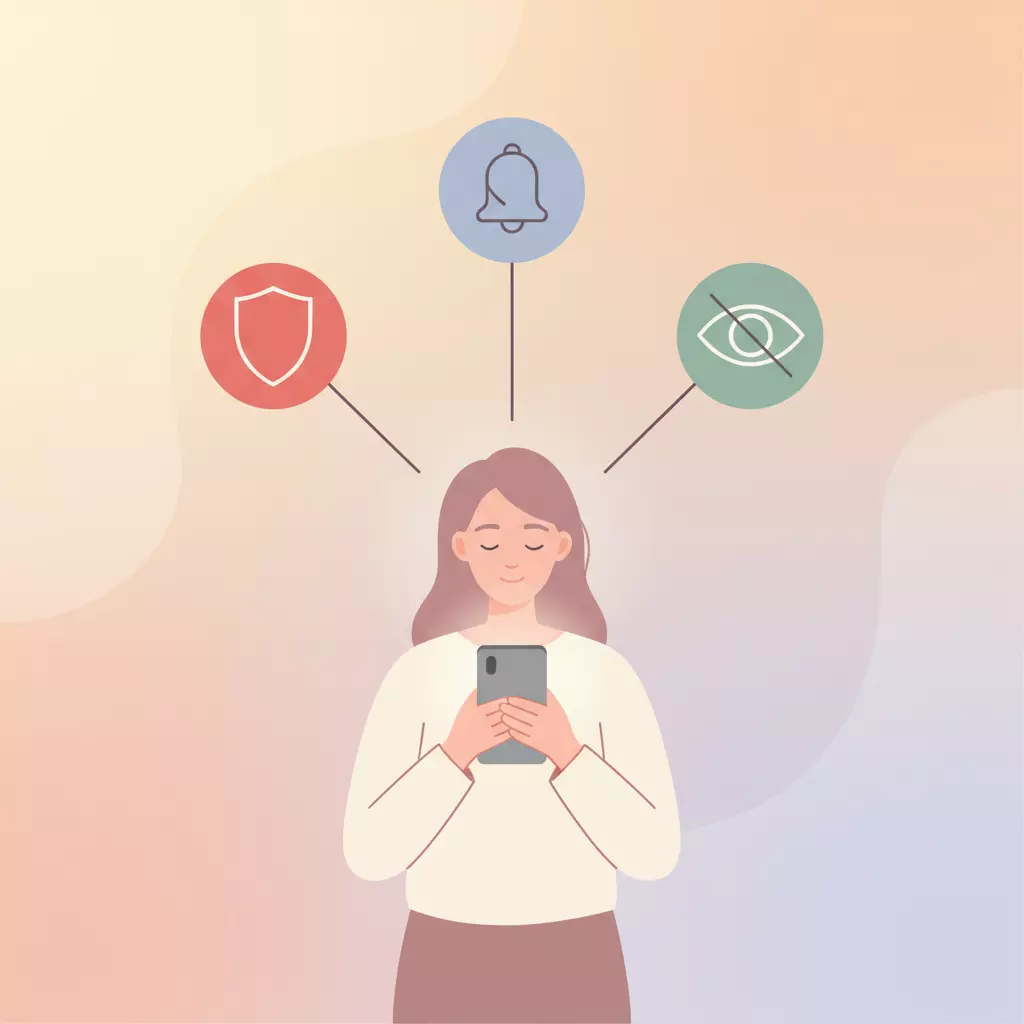
- Queer Digital Hygiene: Rebuild Your Feed From Triggers to Affirming Content in 7 Days
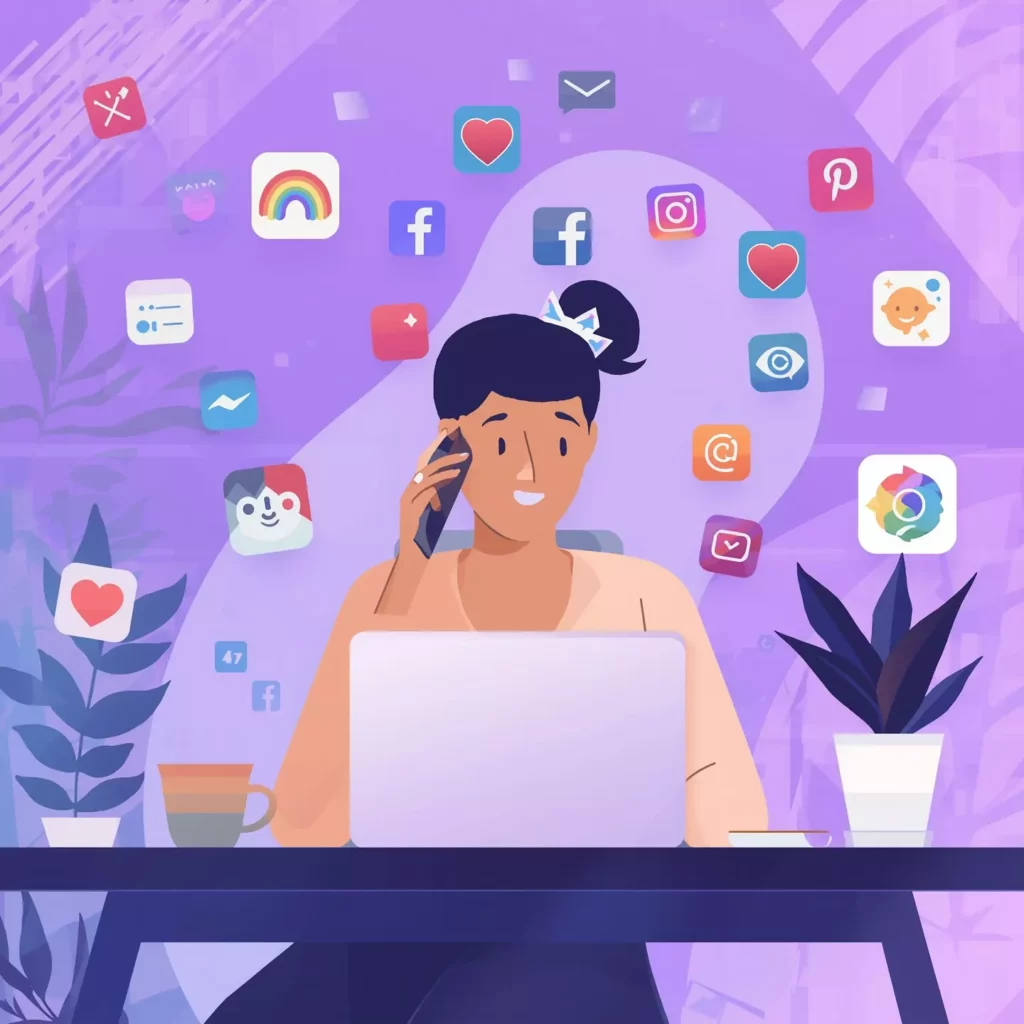
- Transgender Digital Hygiene: Protecting Identity, Deadnaming, and Healing Through Archives

- Lesbian Women & Digital Hygiene: How to Avoid Echo Chambers on Instagram & TikTok

- Gay Men & No Contact: The Best Dating App Strategy to Heal Fast
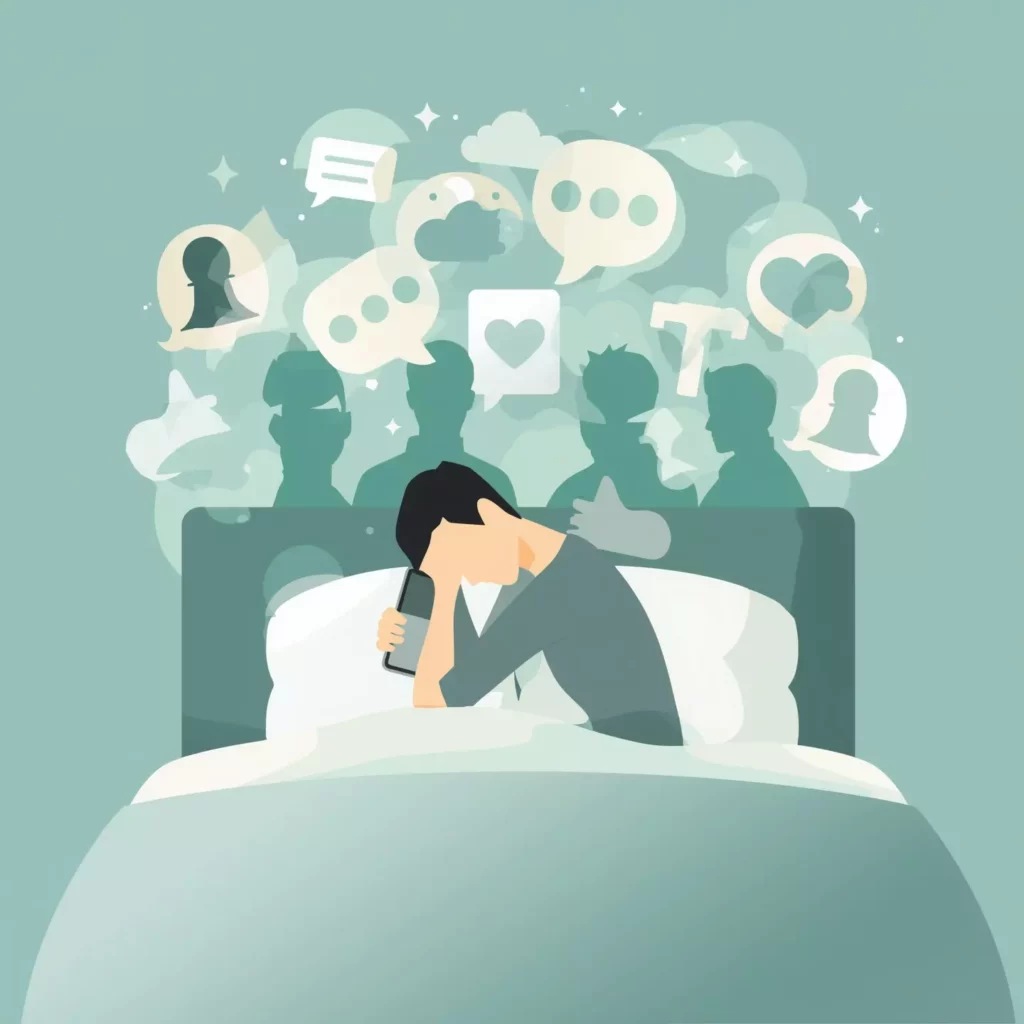
- Women & Digital Hygiene After a Breakup: Powerful Week One Algorithm Rewiring
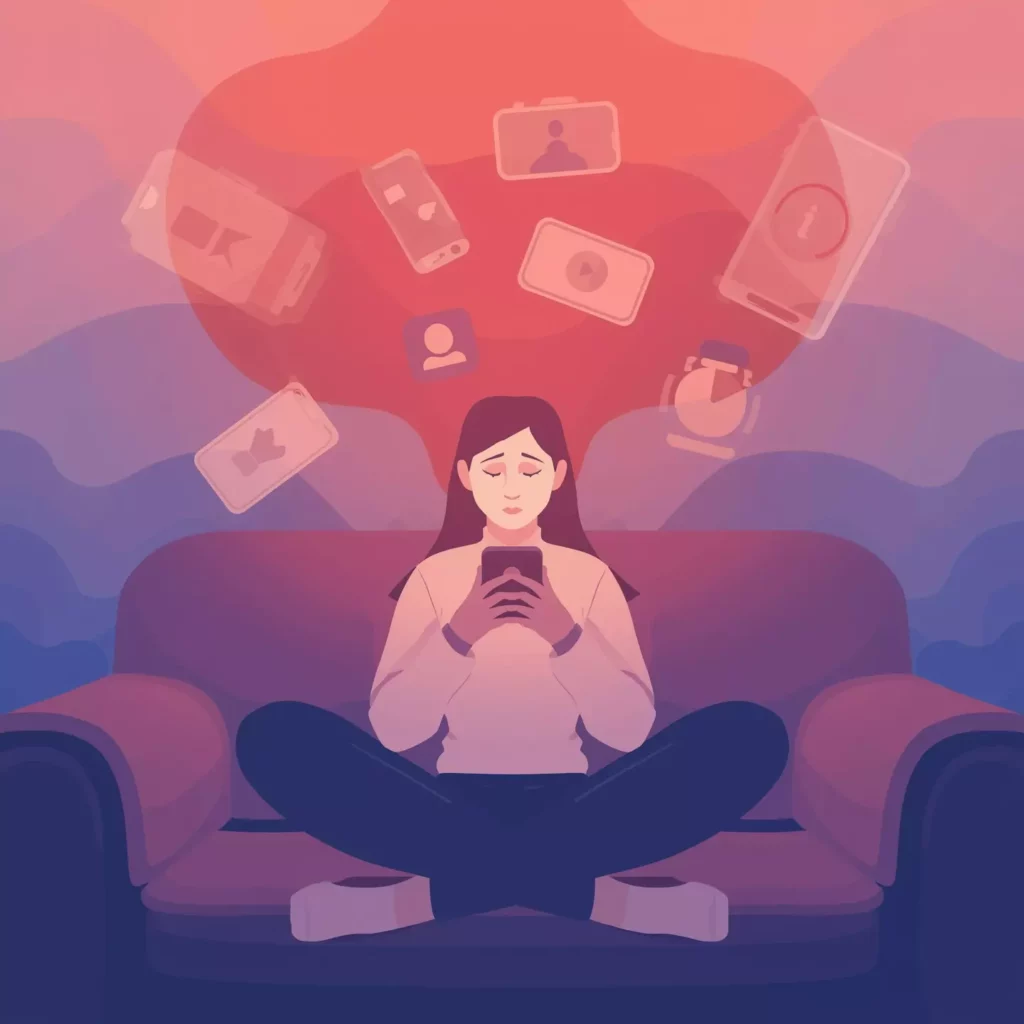
- Phone Detox for Men: Powerful Focus Modes & Friction Hacks to Heal Faster

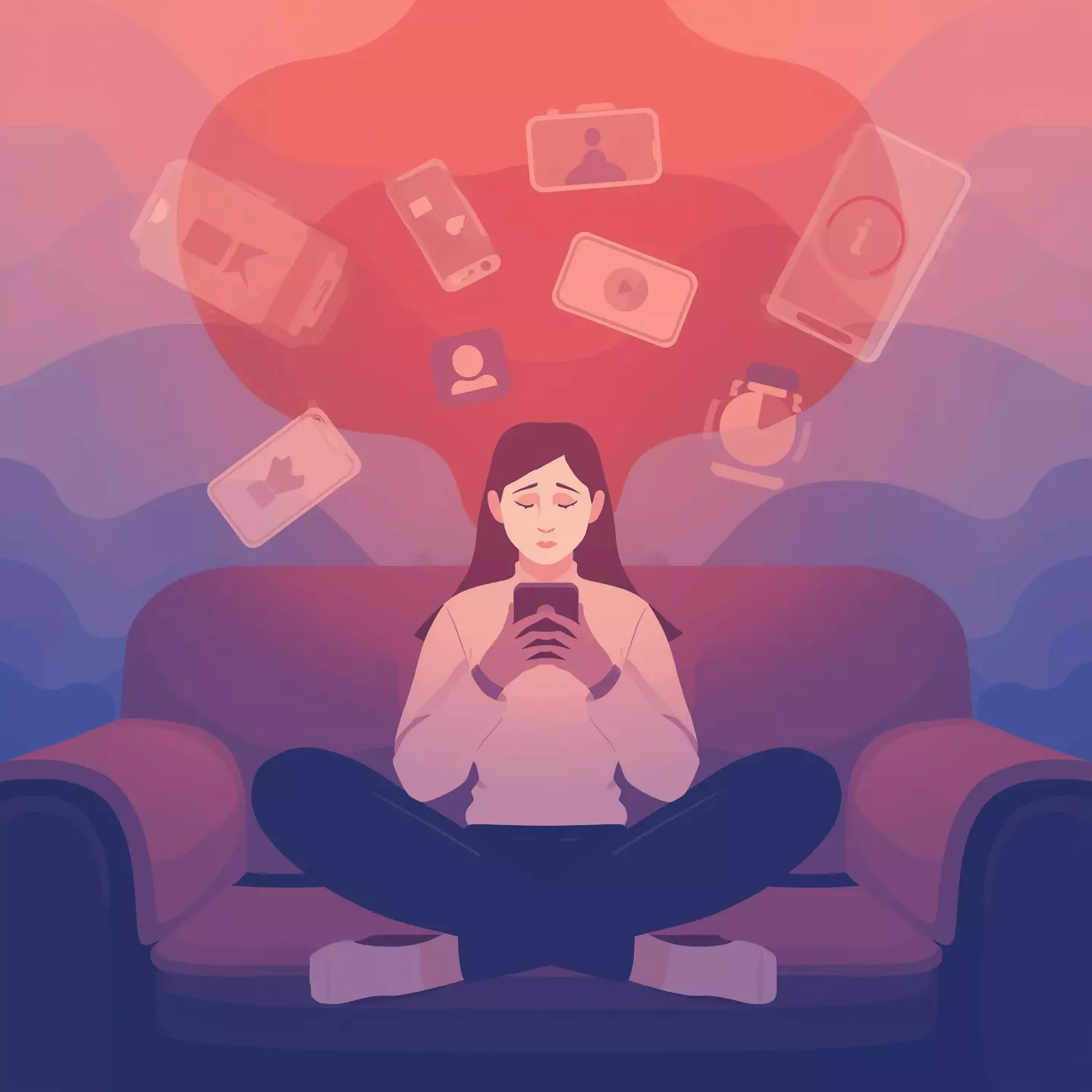
Leave a Reply